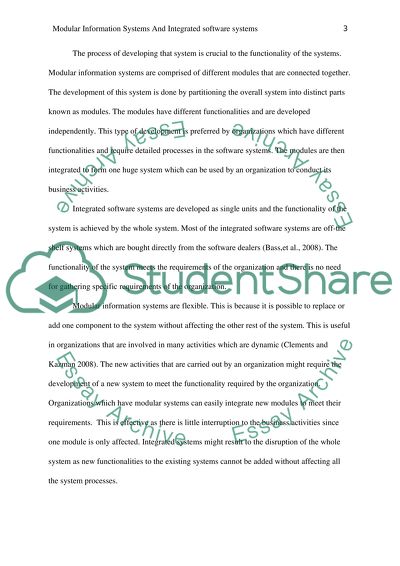Cite this document
(“Compare the relative qualities and characteristics of Modular Essay”, n.d.)
Retrieved from https://studentshare.org/environmental-studies/1411466-compare-the-relative-qualities-and-characteristics
Retrieved from https://studentshare.org/environmental-studies/1411466-compare-the-relative-qualities-and-characteristics
(Compare the Relative Qualities and Characteristics of Modular Essay)
https://studentshare.org/environmental-studies/1411466-compare-the-relative-qualities-and-characteristics.
https://studentshare.org/environmental-studies/1411466-compare-the-relative-qualities-and-characteristics.
“Compare the Relative Qualities and Characteristics of Modular Essay”, n.d. https://studentshare.org/environmental-studies/1411466-compare-the-relative-qualities-and-characteristics.


